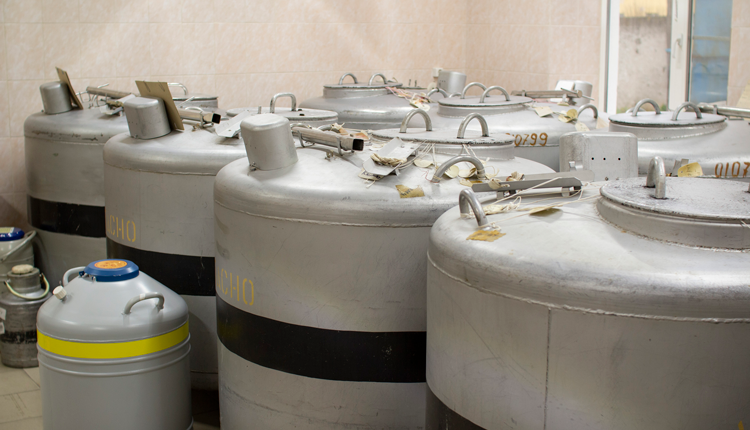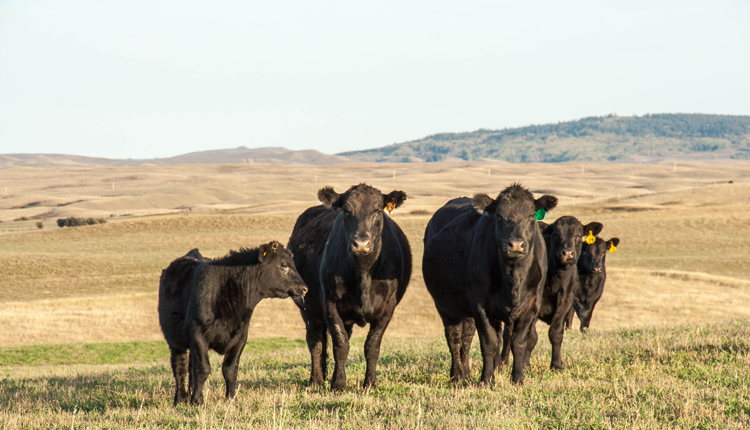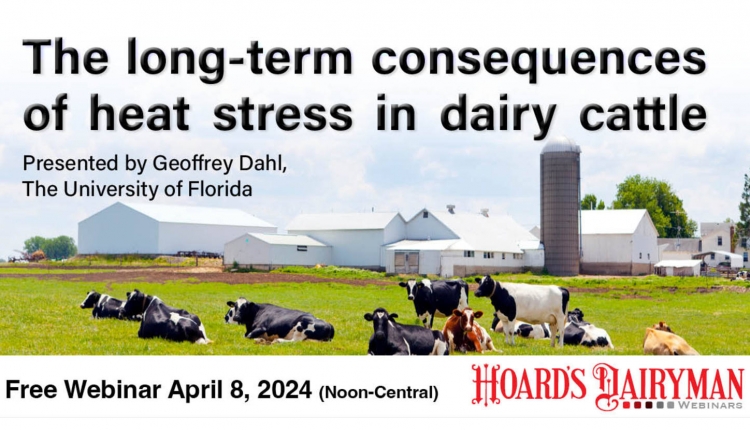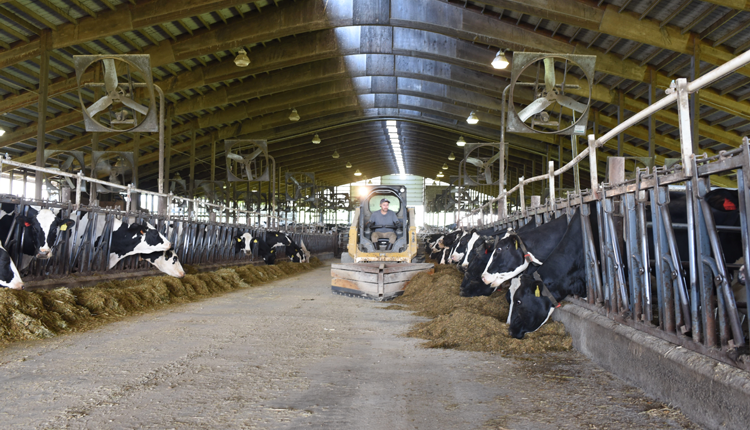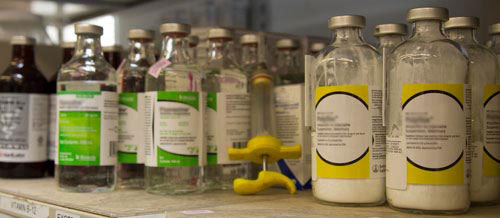
Antibiotics are undeniably remarkable tools to treat both animals and humans when illness strikes. However, with concerns of antibiotic resistance in humans mounting, the U.S. Food and Drug Administration (FDA) has stepped in to limit the indiscriminate use of pharmaceuticals in livestock.
Last Wednesday, the FDA released proposed changes to the Veterinary Feed Directive (VFD) regulation, which mandates the rules and responsibilities of licensed veterinarians in prescribing and administering medically important antibiotics in feed.
The FDA is asking pharmaceutical companies to voluntarily remove growth-promotion claims from drug labels, signifying they could no longer be used for those purposes. This would mean a change from over-the-counter (OTC) to VFD in medicated feed products and a change from OTC to prescription status for medicated water additives.
Drug makers will have 90 days to decide whether or not they will comply and then three years to make the changes. This modification in labeling would essentially make it illegal for farms to use antibiotics as a growth-promoting tool and require veterinary oversight when using antimicrobial drugs in food-producing animals.
The Centers for Disease Control and Prevention estimate that more than 23,000 people die each year from drug-resistant infections, so the use of antibiotics deserves a closer look. However, there is not strong evidence that the use of antibiotics in livestock is causing resistance in humans. In fact, research indicates that the misuse of antibiotics in humans has more to do with resistance than any production agriculture practices.
The dairy industry does its part to limit human exposure to antibiotics through stringent testing procedures that assure every tank of milk is antibiotic free before it is processed for human consumption. For dairy farmers, the use of antibiotics to treat disease allows them to produce safe, high-quality milk for consumers while keeping animals healthy. Judicious use of pharmaceuticals is a must for every producer, but strict limitations that go too far may result in compromises to both human and animal health.
